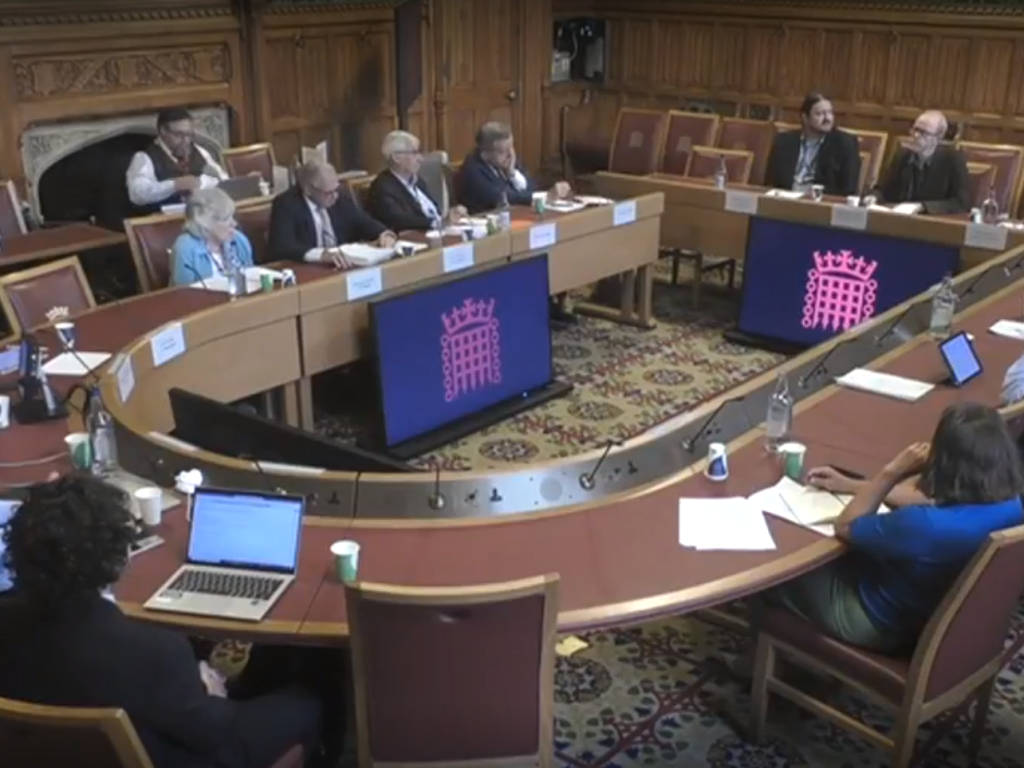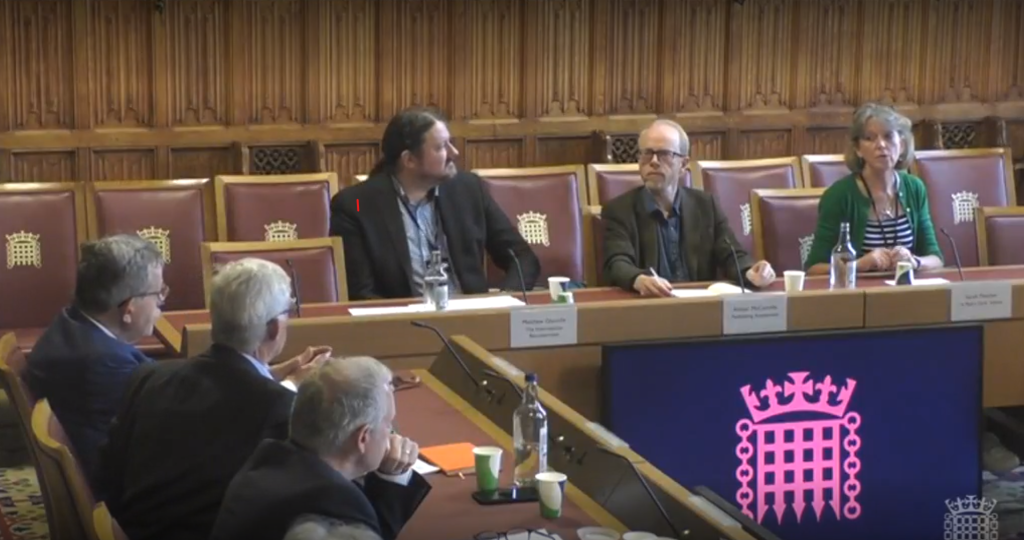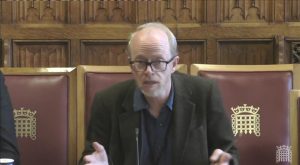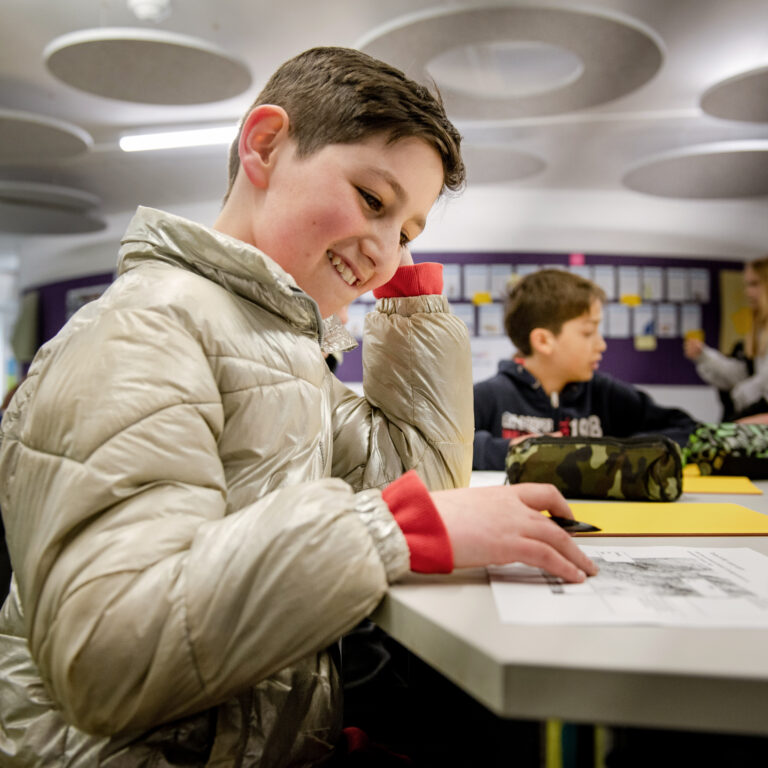Education Committee Appearance For Al
4th July 23

Part of our founders vision was that The King Alfred School would strive to share our ideas around education with the wider community. So, in our 125th anniversary year, it was great to see Deputy Head Al McConville appear before the Education for 11–16-Year-Olds Committee on Thursday 29 June.
Appearing alongside Sarah Fletcher, High Mistress of St Paul’s Girls’ School, and Advisory Group member at Rethinking Assessment, and Matthew Glanville, Director of Assessment at The International Baccalaureate, he spoke about the importance of giving children and young people a broad education, and the need to find a more effective approach for schools to assess students.

As part of their inquiry, committee members asked the panel a range of questions including whether GCSEs are fit for purpose, if exams should be taken at 16 to begin with, what barriers state schools face in adopting school directed courses, and how technology can be utilised to help assess students.
Al, who is a Co-Founder of Rethinking Assessment, took the opportunity to explain that the current GCSE system leaves most schools with very little time for the development of other important elements of a rounded education.
He told the inquiry: “King Alfred would talk about the need to develop communication, and collaboration, and creative thinking skills, and there’s an opportunity cost to spending all your time on knowledge and understanding.
“There’s also very little time to develop broad character measures that we know matter so much. So again, in a balanced wheel of education you might have the knowledge and understanding bit, the character bit and the skills bit.
“The number of GCSEs that are required in an ordinary school is so large that there’s simply not the space to do all the things that we would like our children to be doing and to be recognised for and have validation for. It’s one very narrow bit of what an education should be, and it’s assessed in a way that’s not really fair because some people are good at those sorts of demonstrations of knowledge and understanding and others would do far better if they were able to explain orally, for example, that they’ve understood something about a great work of literature.

“The exam focus, particularly since the 2015 reforms, have made it a very narrow opportunity to demonstrate even the thing that it’s all about, which is knowledge and understanding.”
Al also spoke about the potential for the establishment of digital learner profiles, which would reflect student achievement, be added to throughout their educational journey, and receive external validation. Such profiles could also capture information about innovative forms of learning such as school directed courses, he explained.
When asked by the committee about the barriers faced by state schools wanting to adopt school directed courses and how to overcome them, Al detailed the work KAS has led on in helping form the School Directed Courses Consortium (SDCC). The SDCC brings together forward-thinking schools committed to providing their students with deeper, more impactful learning experiences, and offers support to schools interested in taking their first steps towards delivering such courses.
Al’s invitation to appear before the Education for 11–16-Year-Olds Committee came after he contributed to meetings of the Schools, Learning and Assessment All Party Parliamentary Group, and is part of The King Alfred School’s commitment to being a strong voice in the wider debate about our education system.






